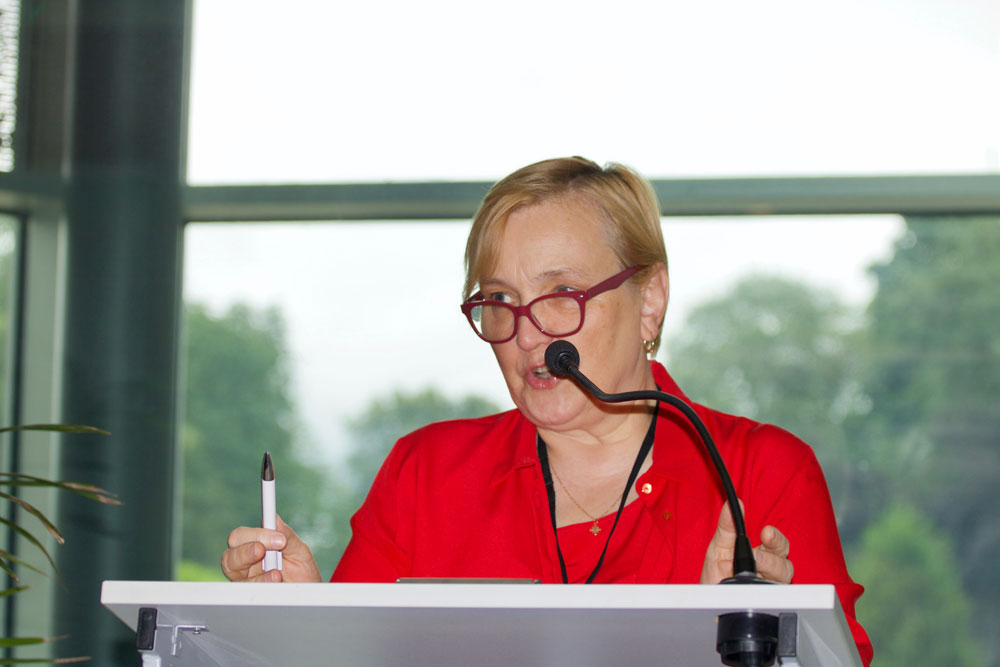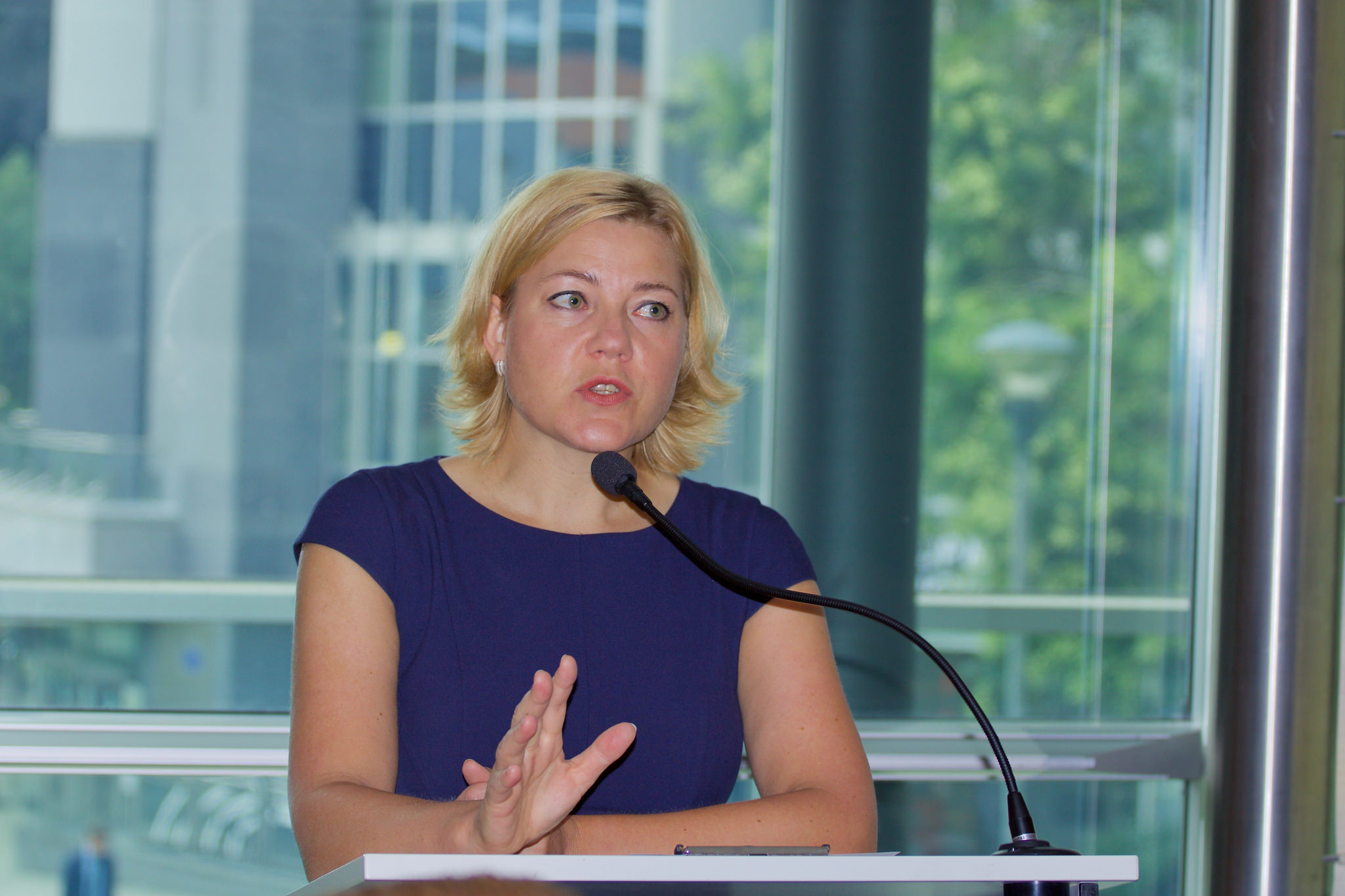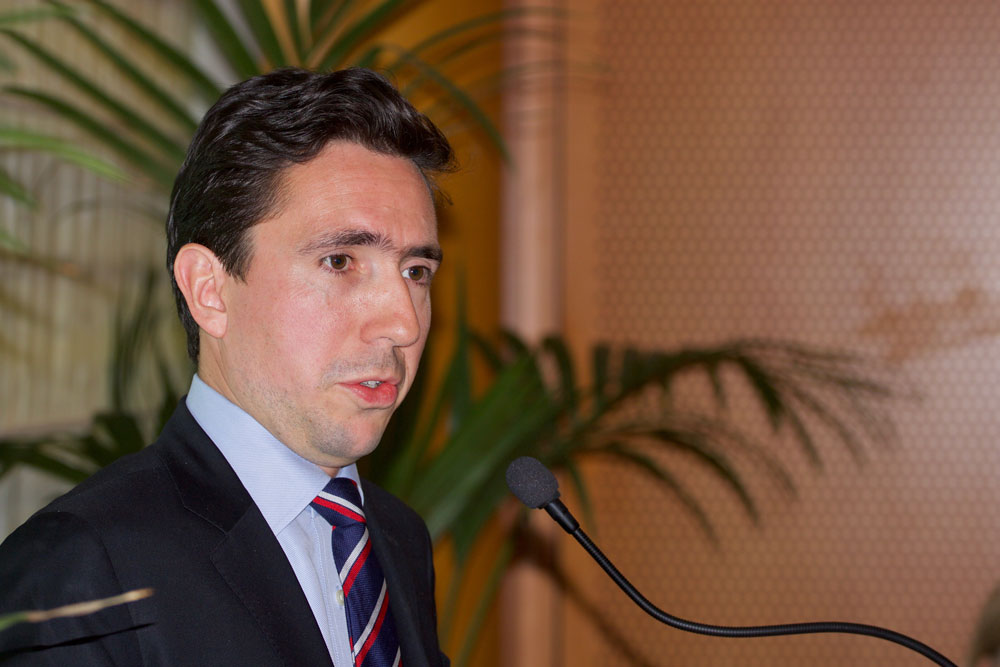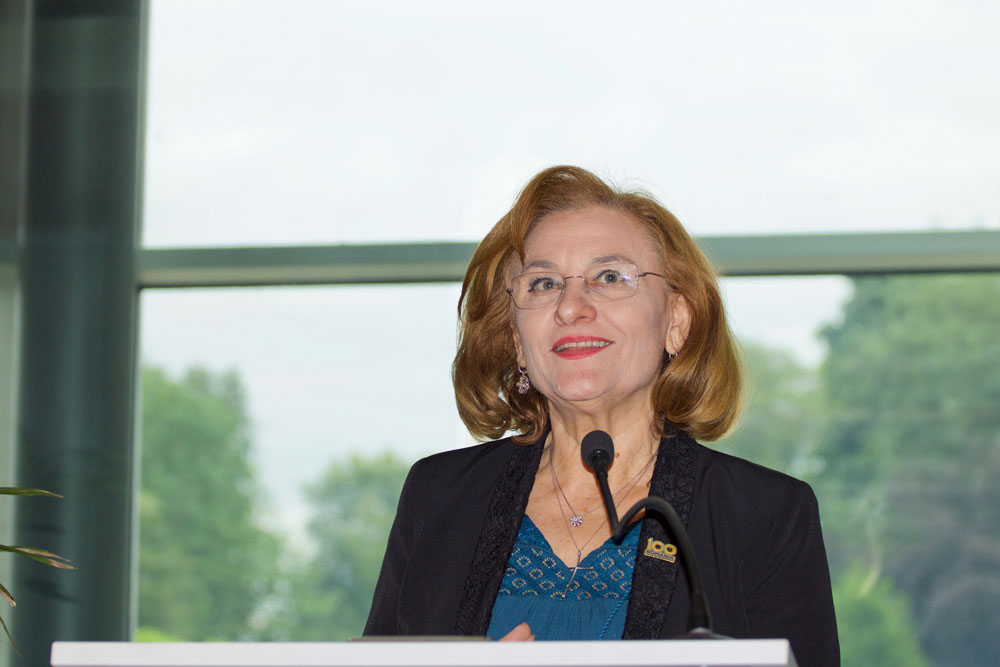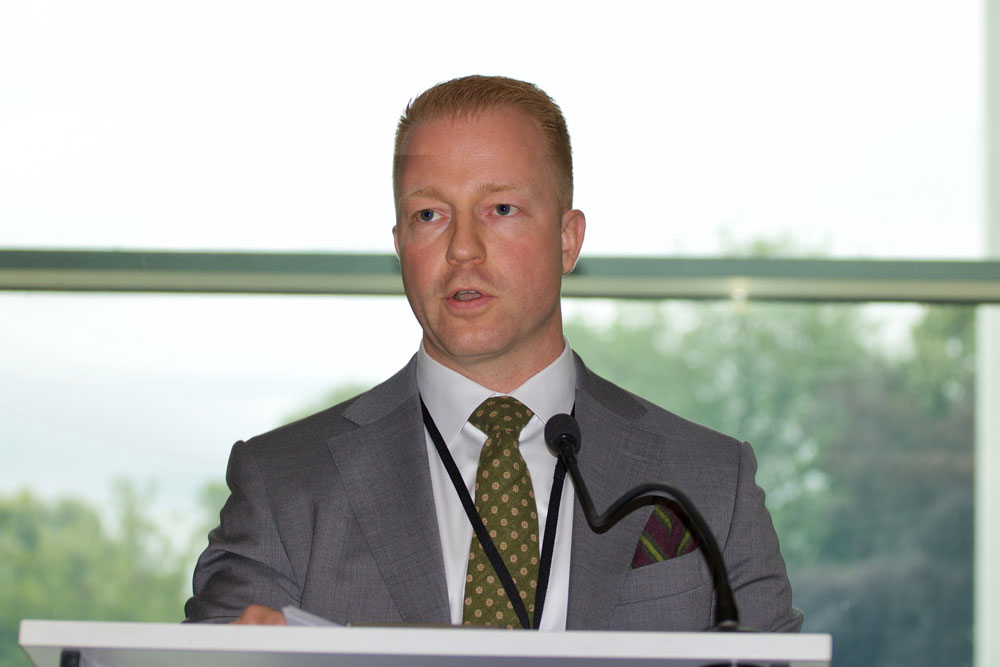“P2B Regulation: Platforms & the Truth about the Accommodation Value Chain”.
On July 10th SME Europe hosted a Working Breakfast in cooperation with SME Connect. The topic discussed was “P2B Regulation: Platforms & the Truth about the Accommodation Value Chain”.
The importance of this event was increased by the participation of Roza Gräfin von Thun und Hohenstein MEP, Member of the Committee on the Internal Market and Consumer Protection; Henna Virkunnenn MEP, Member of the Committee on Industry, Research and Energy, Committee on Transport and Tourism; Dr. Paul Rübig MEP, Committee on Industry, Research and Energy and Honourable President of SME Europe; Werner Stengg, Head of Unit on E-commerce and Platforms, European Commission; Christoph Klenner, Secretary General, European Technology and Travel Services Association; Maria Grapini MEP, Vice-Chair of the SME Intergroup, Member of the Committee on the Internal Market and Consumer Protection, Patrick Gibbels, Secretary General, European Small Business Alliance; Markus Luthe, Managing Director of the Hotelverband Deutschland
First, Roza Gräfin von Thun und Hohenstein opened the event with a welcome speech by emphasizing the urgency of this current topic and the importance to take into account every side of the issue.
Henna Virkkunen started by addressing the new regulation proposals of the European Commission and emphasized the importance of persistent dialogue and cooperation among all stakeholders. Online platform economy is increasingly in demand because of its multiple benefits. Consumers have more choices and can compare prices, while small enterprises can easily access the market through the internet, yet they cannot compete with the dominance of the large platforms. Although it is one of the main priorities of the EU to maintain the competitiveness in the digital single market, we are still facing challenges, e.g. by setting a common European framework in a way, that innovations no longer suffer from over-regulation. Henna Virkkunen ended her opening speech by urging for more fairness in the competition and transparency in online operations.
Dr. Paul Rübig gave a brief input on the topic and highlighted many questions that still need to be clarified. Starting with the key question on how to properly react on a C2C, B2B or C2B levels. Furthermore, how can we bring the real world into the virtual world in regard to taxation and intellectual property. With this in mind, Dr. Rübig called for support to guide SMEs in the right direction.
In his keynote speech, Werner Stengg noted the urge to accompany SMEs in the process digital transformation in a right/efficient way. The internet contains so much information that still needs to be organized and processed by someone. These days information is abundant and overflowing, for this reason, we welcome platforms that process the “big data” for us. They form channels and facilitate the transaction between businesses and consumers and offer various direct and indirect services. One must be aware that this accumulation of data volumes, markets (places) and businesses of all scales on single/individual platforms, give them loads of power and dependency. The Commission’s purpose is to balance between large businesses and understated SMEs and they are confident that in the online world even a win-win situation is possible for all involved. The aim is to enable a vibrant ecosystem where new business models and platforms can emerge and thrive even beyond their countries. What is more, consumers will benefit from more choices and better prices. In the end, Werner Stengg illustrated the transparency and fairness standard as a basic parameter with several real-life examples. The objective is to clarify rules and facilitate access to court in order to improve the interest of all.
Christoph Klenner gave some reflection from the perspective of the online platforms. A truly independent online market place is the one where the supplier has some degree of leeway. For instance, travel and tourism have been one of the first sectors to embrace the digital world and they have still the highest penetration of digital services. These independent platforms bring many great values to SMEs, such as fewer upfront costs for the participation and more competitiveness. The commission is only due when the booking has been completed by the customer. In effect, the statistics of ETTSA show that SME hotels represent three-quarters of all bookings on their platforms. According to Christoph Klenner, it is a misinterpretation that there is a battle between big platforms and small hotels, but on the contrary, they empower them. The model of ETTSA is to build a fair, equal and sustainable relationship with the hotel industries by maintaining the values and satisfaction. In Klenner’s opinion, the Commission’s proposal is fully aligned with balance and the need of reinforcing the rights of SMEs, yet one has to take care not to overregulate, for example in terms of the clause to ban parity pricing which is an intrigued part of many business relations, though. ETTSA called for the stricter tradeoff in order to prevent free-rider effect, where customers can book at the hotel directly.
Maria Grapini recalled the problems as an entrepreneur, as she had already been in the position of all stakeholder of a company before. Regimentations must be clear for SMEs and without further supplemental costs. They should balance big companies with SMEs and provide an ethical business on the internet market for fairness between all actors, like platform and merchant, seller and customer, online and offline. Maria Grapini pointed out the benefits of the online market and expressed concerns in regards to data protection and accuracy of information. The proposals still have to be coordinated properly in and between the member states on a European level.
Patrick Gibbels issued some impulse statements from a micro business’ and B2B’s perspective. Big online platforms have massive R&D investments to understand the market, to set up effective distribution channels and to deal with legal and language barriers etc. It seems that the EU is cracking down on big players which engages platform bashing. However small hotels from remote locations are getting opportunities on platforms, like immediate access to a huge of number customer base gaining visibility in the European and global market. ESBA takes a close view to the proposal so that it is balanced, however, they support it as a Regulation rather than a Directive. It should be addressed on a European level at least. At the end, Patrick Gibbels proposed more transparency in the hotel ranking without revealing the whole algorithm, the right to get explanations why hotels get delisted, better visibility of the customer service and finally that business users should be notified about significant changes in advance.
The working breakfast was closed by remarks of Markus Luthe. In his opinion, all actors are dependent on each other as a synergy and remain united. Nevertheless, some regulations are welcomed and Martin Luthe urges for access to data and transparency in ranking and rating system. Furthermore, it must be specified in which country and with what law the entrepreneur can claim his rights. Markus ended his speech with „B2Bis bringing hospitality home.”
Load more photos here

